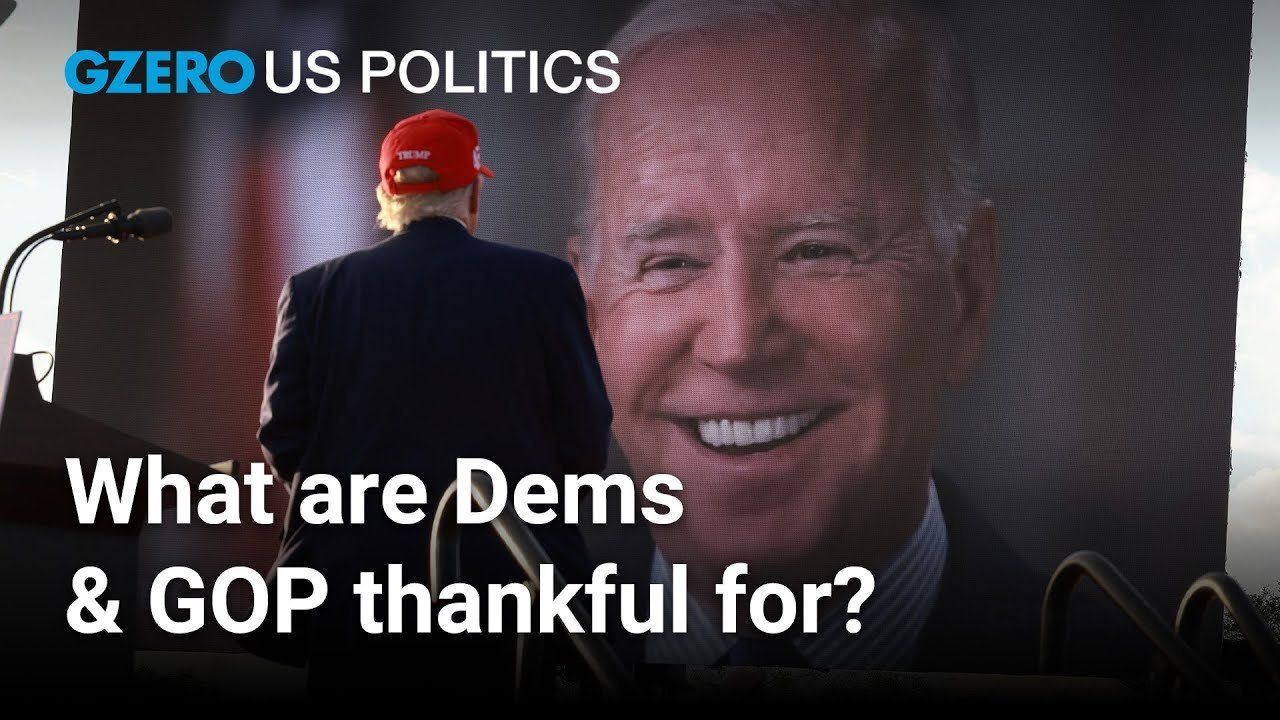
Jon Lieber, head of Eurasia Group's coverage of political and policy developments in Washington, DC, shares his perspective on US politics.
What are three things that lawmakers have to be grateful for this Thanksgiving?
Well, the first is that they get to go home. Lawmakers reached a short-term deal to fund the government until January 19th, which means that they won't be around Washington, DC, beating each other up over levels of funding. That can all wait until 2024. They can go home and enjoy the holidays with their families and not pass much other legislation this year.
The second is that so far, the Inflation Reduction Act seems to be working to spur manufacturing in the United States. There are 22 new battery plants currently under construction. There's record investment in electronics manufacturing, and a number of European companies have announced their intention to expand green energy projects in the United States and not because of these subsidies. Now, of course, the real question about the success of the program is going to come when the subsidies stop, and you can judge how well the US has done in spurring this manufacturing in the US. But for now, Democrats are happy because it looks like the IRA is working. Republicans like the jobs, even though they didn't vote for the bill.
The third thing that both parties have to be grateful for is that there are no competitive primaries, which means that there's no choosing sides. There's no traipsing through the snowy fields of Iowa to campaign for one guy or another. Donald Trump is almost certain to win the Republican nomination, and Joe Biden faces no real challengers. So, both parties can marshal all their resources for the general election in 2024. And neither party is likely to go through a particularly divisive primary in the first half of the year.